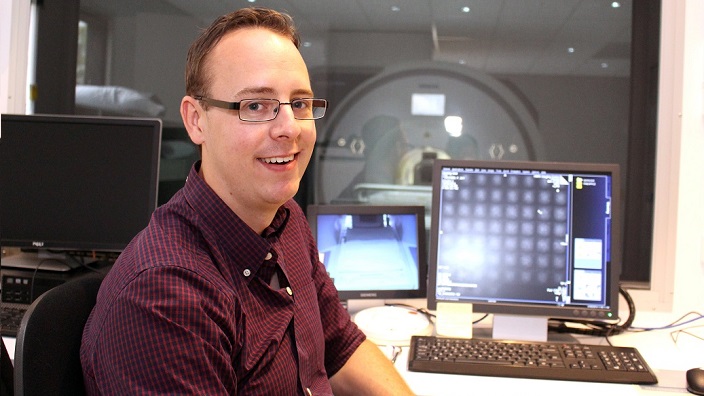A clinical trial is helping stroke sufferers overcome one of the most debilitating consequences – fatigue.
In 2020 - 27,426 Australian’s experienced a stroke for the first time. That’s one stroke every 19 minutes. It is now the third most common cause of death in Australia.
While stroke is a leading cause of disability, it can also leave those who have been through an episode with constant fatigue, which can have a significant impact on both physical and mental wellbeing.
The MIDAS2 study (Modafinil in Debilitating Fatigue After Stroke 2) is currently being undertaken in hospitals across the country and will expand to the United Kingdom and Canada in 2022, made possible through more than $500,000 funding from Greater Charitable Foundation.
It is investigating whether the drug, Modafinil, taken for 56 days is safe and can alleviate stroke-related fatigue.
Led by Associate Professor Andrew Bivard from the University of Melbourne and Professor Christopher Levi from the Hunter Medical Research Institute (HMRI), this trial is the first of its kind and is showing some of the most promising advances in stroke care.
“The most common complaint for people who have suffered a stroke isn’t an upper or lower limb impairment or other physical disability, but persistent fatigue. This can inhibit a patient’s ability, not only to engage with their rehabilitation, but also activities associated with daily living,” Associate Professor Bivard explained.
“The feelings of constant fatigue and tiredness alongside other decreased level of function can also have a range of psychological effects, such as anxiety and depression. The downward spiral can be crippling, not only for the patient but also those around them.
“Modafinil is already used to treat issues such as narcolepsy, chronic fatigue and sleep apnea, so we know that it is safe and effective when treating these disorders. Through our study we are aiming to gain a greater understanding though of its efficacy for post-stroke fatigue.”
The trial also has a telehealth option for initial assessment and follow-up consultations to allow inclusion of those who cannot easily travel into hospital. This innovation supported by the Greater Charitable Foundation was brought on by the need to adapt clinical trials to the Covid-19 outbreak in Australia, but also reach Australians who are in regional areas or not close to a trial site.
Greater Charitable Foundation CEO, Anne Long, acknowledges the significance of the partnership with HMRI in helping to deliver real health-outcomes to improve the lives of those most vulnerable in our community.
“Our aim is to fund projects that will make a real and lasting difference to lives, and the outcomes the HMRI researchers are delivering are proving to do just that,” said Ms Long.
“In light of the developments already achieved through sustained funding of the research, we are confident about the potential for success of the MIDAS2 study.”


